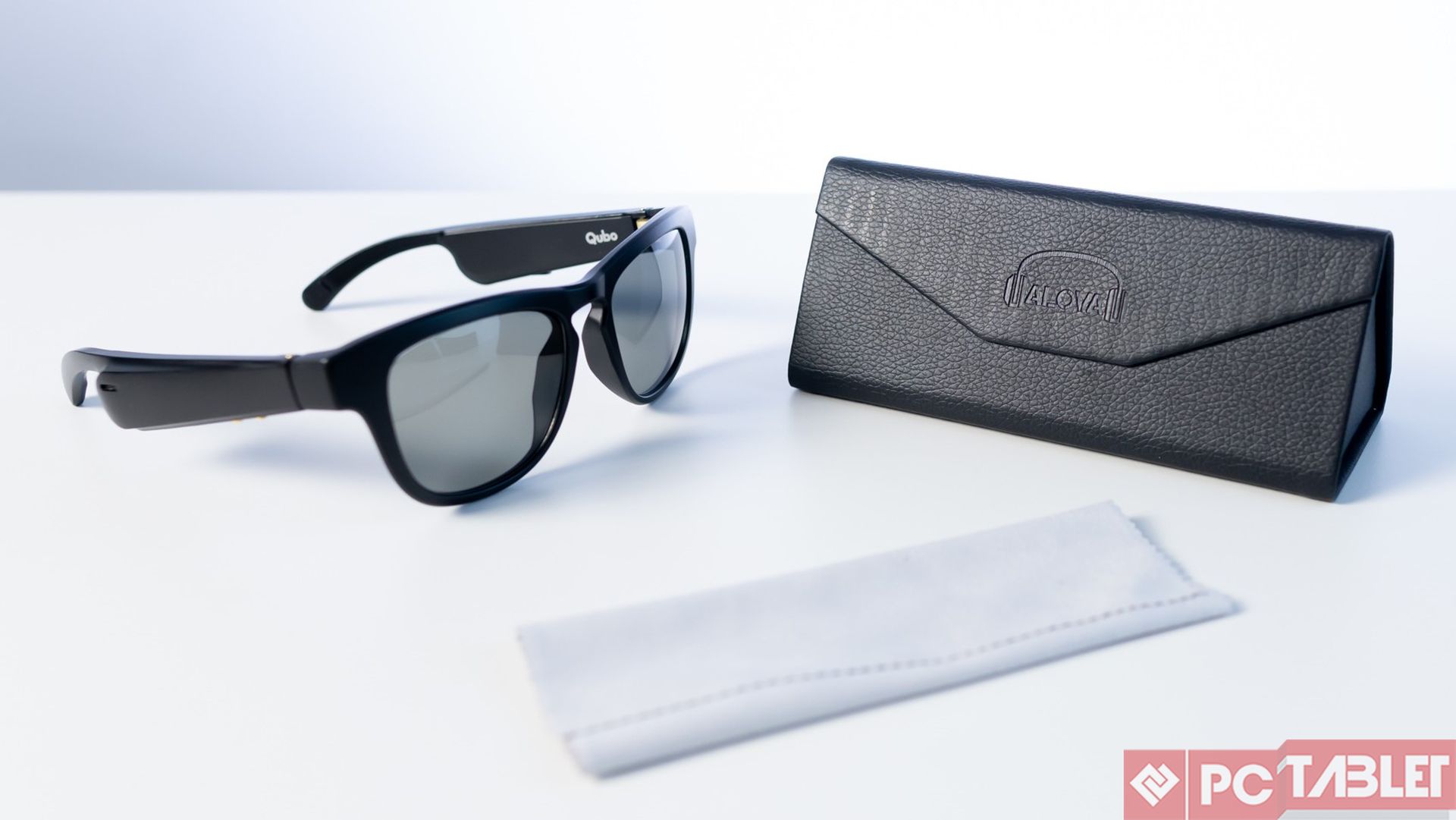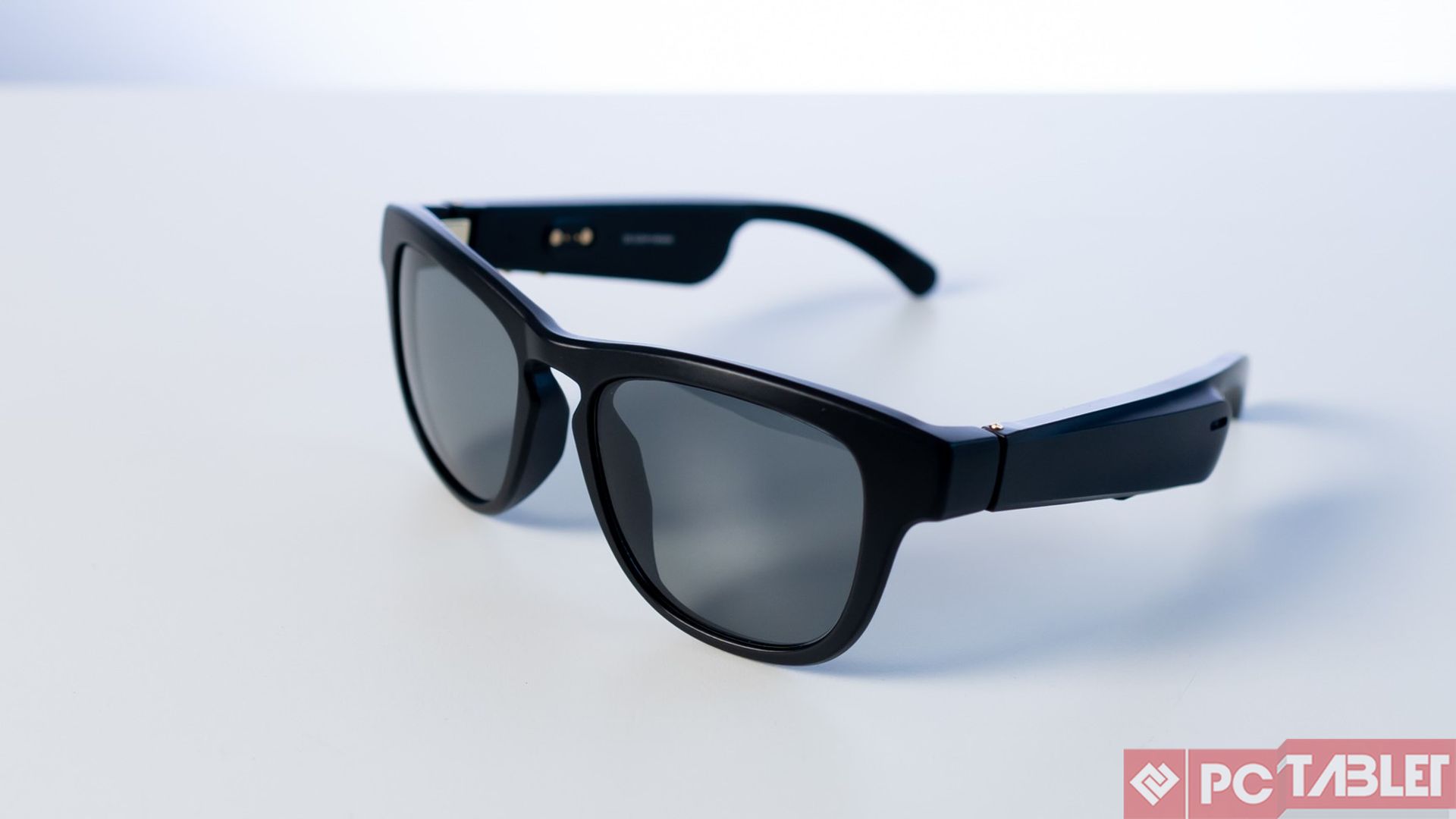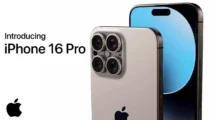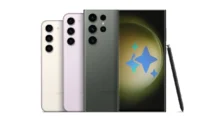Qubo from the house of Hero Electronix has been churning out smart home products for a while now. We have reviewed some of their products in the past, which included their 360 Smart Security Camera, Smart Doorbell, Mini UPS for Wi-Fi routers, and more. The company has now forayed into the lifestyle space as well with their Qubo Go Audio Sunglasses.
If he had to broadly describe the Go Audio Sunglasses, then they would be a watered-down version of the Snapchat Glasses, with the speaker stuck to them. These come in three colors and a single design and go for a starting price of INR 5,499 on the market. For that price, the glasses are one-of-a-kind products, and we have been using them for roughly a week now. Should you go for a full-fledged smart glass or one of these? Let’s find out in our review.
Box Contents

A complete list of items you get inside the box:
- Qubo Go Audio smartglasses
- Carrying case
- Charging Cable
- Warranty and User Guide
Design

Instead of partnering with a well-known sunglasses company, Qubo went ahead with a generic look and feel. These come in a wayfarer style, which in today’s time is considered unisex. The stems are a little wider to make room for the speakers and battery, and the rims are fairly standard. You probably wouldn’t be able to tell the difference between these and a generic high-quality Wayfarer unless you held or looked at them side by side.

The sunglasses come in just a single black color option for the frame, while you can choose the lens color from different shade options, including Classic Black, Cool Blue, Shimmer Yellow, Classic Green, and Shiny Orange. These are all made out of plastic and come with polarised UV lenses. From the outside, these have two speakers tucked away in either of the stems. To cycle through the menu, control volume, and take or end calls, there are two buttons placed on the right stem, which give a good enough tactile feel. Since you can take and end calls and summon a smart assistant, the glasses also have an HD mic on either side.

Regarding charging, the Go smartglasses get their juice from a pogo connector, which is placed inside of the left stem and does come with a carrying case and magnetic connector. We can say that these are solidly built, feel somewhat premium, and pack a decent amount of hardware.
Performance

The Qubo Go Audio Smartglasses come with app support. It’s the same Qubo app that is used to pair their smart home products. The app is available for both Android and iOS, and the pairing process for the glasses is fairly straightforward. Just install the app, turn on the Go Audio smartglasses and Bluetooth on your phone, and follow the steps shown in the app. On the app, you can sync your music tracks, allow the necessary permissions for the glasses to take and end calls, add a smart assistant, and assign tasks for the buttons. The sound quality on these Go Audio smartglasses is honestly not bad.
These come with directional open-ear speakers, nothing fancy like bone conduction units. So, if you have the volume turned up, the person sitting next to you will be able to hear what you’re saying. The audio won’t necessarily impress anyone, but considering the type of product and the form factor, it is passable at best. Qubo has stressed adding a Qualcomm chip to these, and honestly, that has not made things better. Merely adding a Qualcomm chip won’t improve the audio, and the driver type/size and tuning matter. This is purely on display in this situation.

With the smart glasses, you can take calls, and during our little testing window, we found this feature okay at best. The output of the speakers was loud enough, but the mic quality seemed a bit lacking here. The mics are best for summoning Google Assistant or Siri, and those worked well as long as the connection with the phone was strong. On to the battery life. With the music blazing high, we managed to get roughly 4 hours of use out of these on a single charge. The top times were not that great, and the glasses took close to 2 hours for a full top-up.





